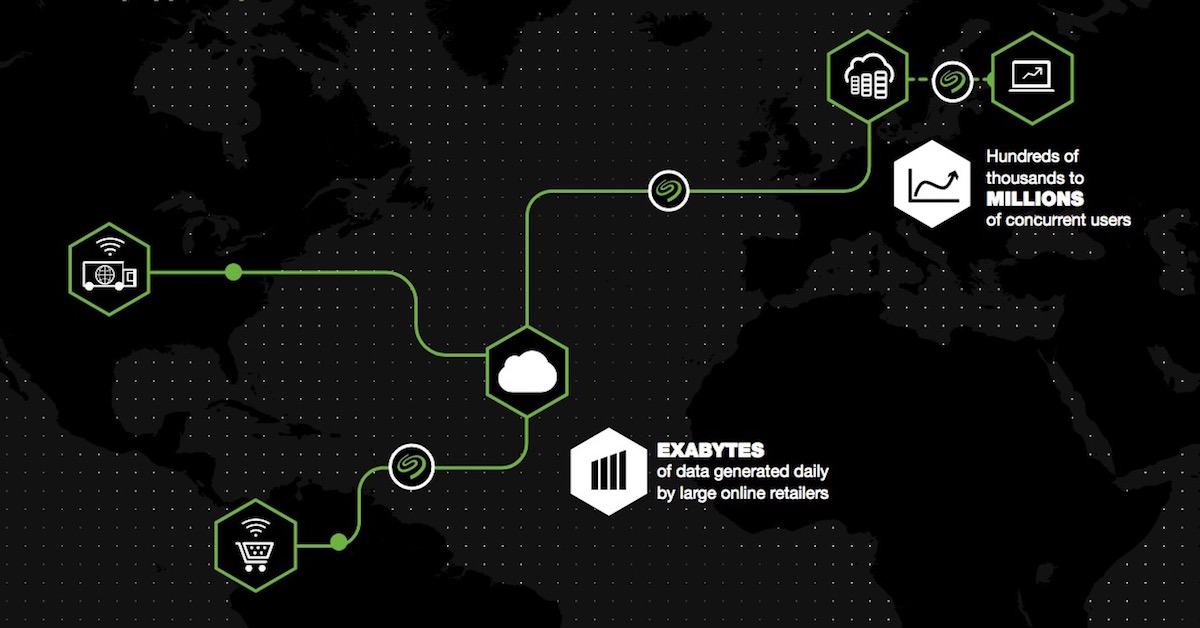The industry gives a lot of attention to the technological aspects of cloud computing such as deployment challenges and the promise of seemingly infinite scalability. Addressing technology risks is important, but cost considerations must also be accounted for from the very start. Systems architect and industry consultant Dan Sullivan wrote a TechTarget article in which he tackled the issue of cloud deployment from the perspective of the CFO.
"Executives may be confident that their IT staff has done technical due diligence in assessing cloud providers, implementation options and technical choices for the organization, but what about nontechnical considerations? While cost advantages of cloud computing may appeal to executives, nontechnical issues can influence the bottom line for delivering business services," Sullivan explained.
The first area to analyze, Sullivan said, is the range of cloud delivery models and how they apply to the business. He noted the infrastructure-as-a-service model typically presents little risk of common fears such as vendor lock-in. However, IaaS may not be the best choice for companies that would prefer to ease some of the software management burden. This has led many businesses to adopt platform-as-a-service strategies to outsource application and database management. PaaS allows IT departments to reallocate expertise and focus on other tasks, providing benefit beyond basic cost reduction. PaaS vendors may run into vendor lock-in concerns if their platform is not easily interoperable with other systems – this may lead to greater resource expenditure for customers' data migrations.
Other cloud deployment costs
Businesses are quick to turn to cloud computing in the hope to reduce spending. However, lower cost may not be a benefit for all deployments if the cloud isn't managed well. Sullivan used the example of high-performance cloud storage solutions. They may be faster than the alternatives, but they're also more expensive. A careful evaluation of storage needs is necessary for properly projecting costs, particularly if the business leverages a mixture of performance-centric and affordable options.
The cloud services market
The diversity of offerings is another factor making it difficult for businesses to navigate the cloud ecosystem. Writing for CFO magazine, former CIO and industry expert Rob Livingstone, noted cloud services are moving closer to becoming all-purpose utilities. The increasingly competitive market has made it more important for cloud storage companies to not only deliver legitimate value but become more transparent in their policies. He warned against viewing the cloud as a "free lunch" because someone is still making large upfront investments in the technology.
"The benefit of shifting from paying for IT with capital expenditures to accounting for it as an operating expense is a generally accepted mantra in the cloud marketing world," Livingstone wrote. "In fact, the reality is that someone in the cloud provider’s ecosystem is taking on financial risk by laying down serious capital: signing multi-year service contracts with data centers (or building their own), taking out leases for staff and back-office services, purchasing hardware, implementing networking technologies, and contracting for other professional services."
As more businesses demand transparency, cloud providers may be wise to clearly showcase their value propositions. Livingstone issued a warning regarding cloudwashing – in which vendors strap the word "cloud" to their services whether they fit the bill or not. In other words, providers should be careful to describe their offerings for what they are and be honest about security, access and other policies that could create significant risks for those using their products. Although no service provider wants to think about customers leaving, business executives increasingly want assurance that moving data from one vendor to another won't result in excessive costs.







